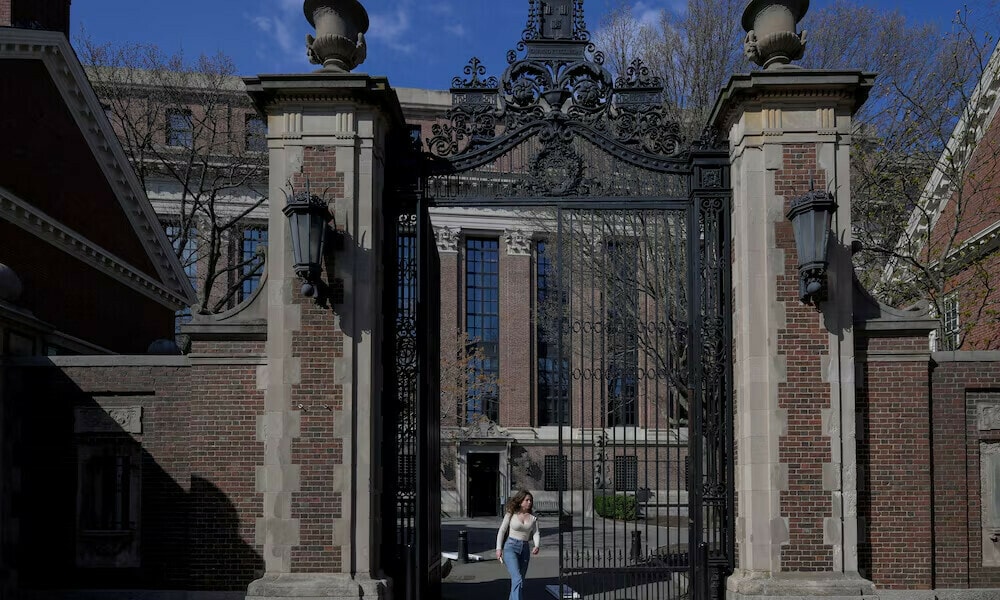In an inspiring show of student leadership, Sannan Pervez and Muhammad Hadi, two graduate students at Harvard University, have launched the Pakistan Conference at Harvard 2025, the first major, student-led summit at Harvard fully focused on Pakistan’s future. Taking place on April 27, 2025, the conference is the result of months of planning, outreach, and institution-building led by the two students, who come from backgrounds in public policy, education reform, and governance in Pakistan.
Hadi, a Master’s student at Harvard Graduate School of Education, and Sannan, a student at the Harvard Kennedy School, joined forces in the early weeks of their program with a simple question: What if we created a platform at Harvard that told a different story about Pakistan, one of ideas, leadership, culture, and hope? From that point onward, the duo began building the conference from the ground up, uniting students across Harvard and MIT, curating speakers from around the world, and gaining support from top Harvard faculty and institutions.
The result is a landmark event: the Pakistan Conference at Harvard 2025, a day-long summit to be held on April 27 at Harvard University in Cambridge, Massachusetts, which has already drawn global attention. With a lineup that includes state ministers, global economists, leading academics, journalists, artists, and U.S. diplomats, the conference positions Pakistan not as a subject of crisis, but as a place of opportunity, resilience, and innovation.
The conference is structured across multiple thematic panels, including U.S.–Pakistan relations, economic resilience, climate and sustainability, youth and education, digital innovation, press freedom, and identity and belonging. A key feature of the event is its cross-sector lineup: speakers span public and private domains, from ministries and embassies to boardrooms, universities, media outlets, and cultural institutions.
What makes the Pakistan Conference at Harvard truly transformative is its forward-looking spirit and bold commitment to reimagining Pakistan’s place in the world. Rather than limiting itself to policy discussion or cultural celebration, the conference aims to spark real-world impact, by building bridges between Pakistan and the global academic, entrepreneurial, and diplomatic communities.
It brings together a new generation of leaders, from Harvard, MIT, Pakistan, and the diaspora, to shape conversations that don’t just reflect where Pakistan is today, but where it must go in the next decade. From future-oriented panels on digital innovation and climate resilience to discussions on rethinking governance, education, and equity, the event is setting the stage for long-term collaboration, policy influence, and leadership development.
Over 500 in-person attendees are expected, and tickets have already sold out. The organizing team is now working on a virtual access model to accommodate overwhelming interest from across Pakistan and the global community.
In a world where Pakistan is often boxed into crisis headlines, the Harvard Pakistan Conference 2025 is a bold statement: that the country’s future will not be written for it — it will be written by those who dare to imagine more.
www.harvardpakistanconference.com
Copyright Business Recorder, 2025




















Comments